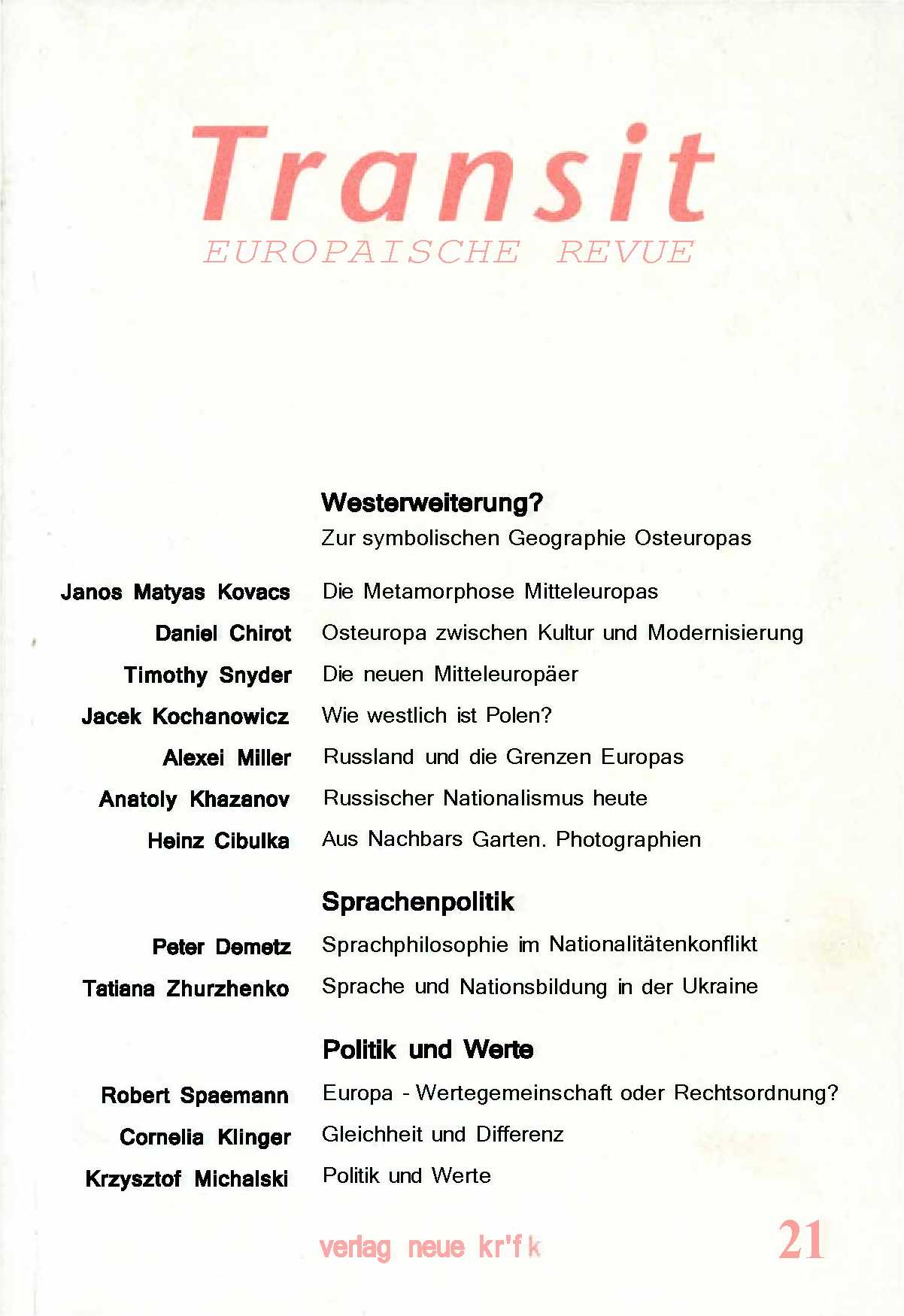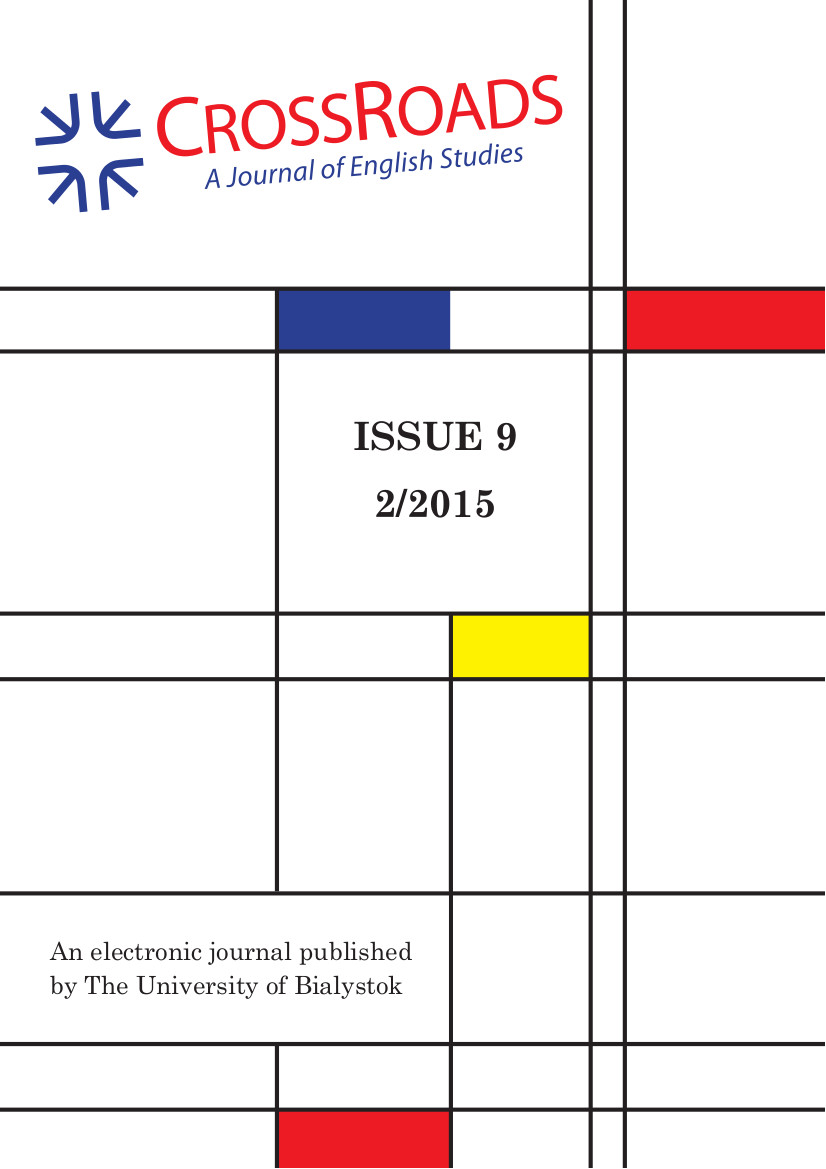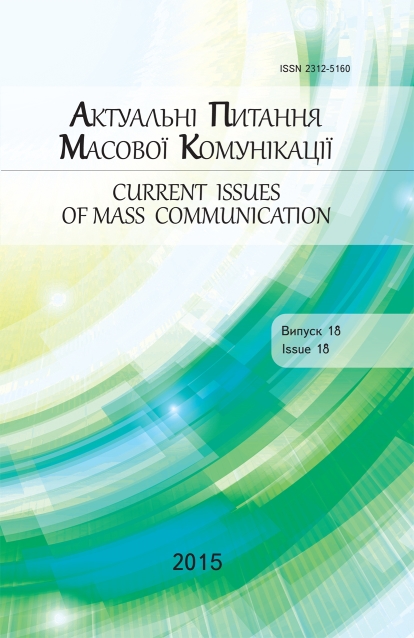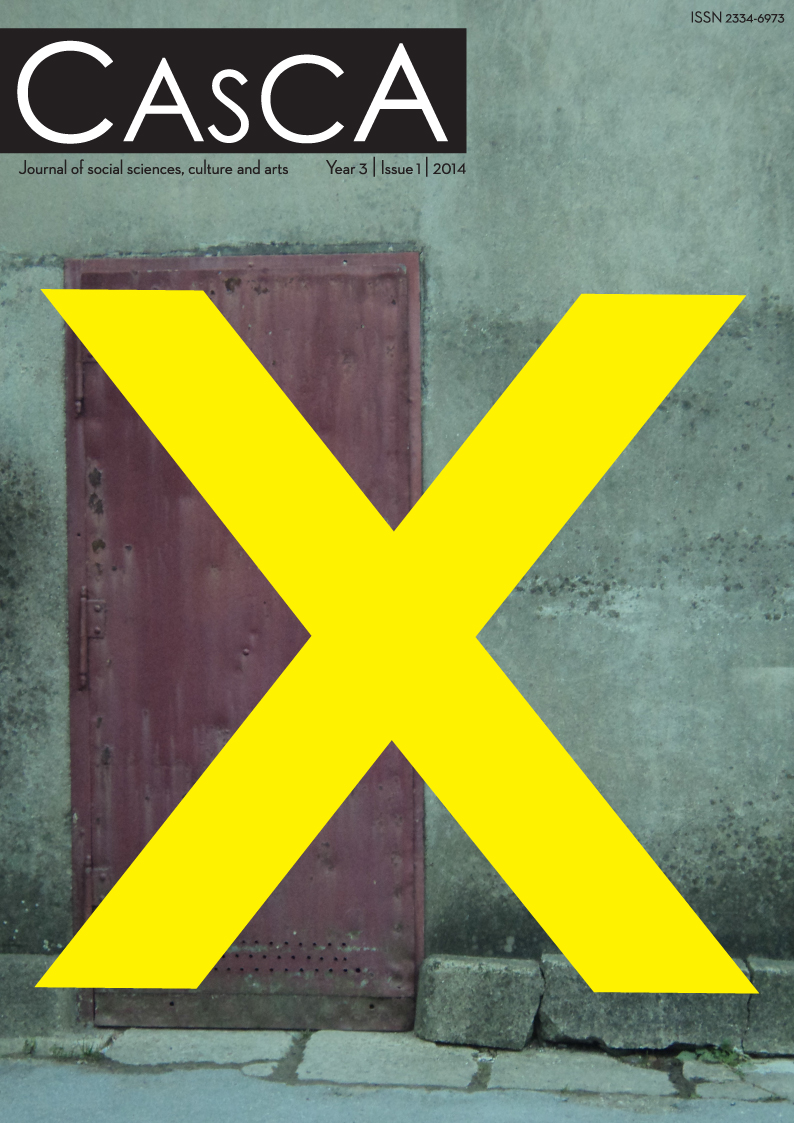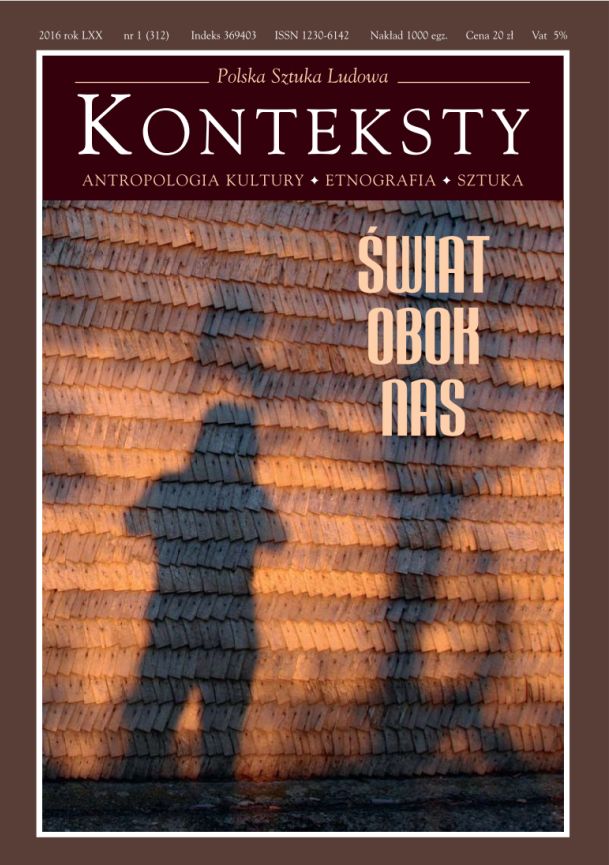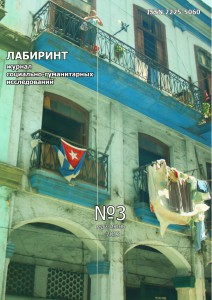Author(s): Heinz Cibulka / Language(s): German
Issue: 21/2001
Im Sommer 94 wanderte ich mit meiner Frau und unseren zwei kleinen Kindern zu Fuß nach Prag. Wir gingen von der Waldviertler Grenze weg, in einem Bogen durch das südböhmische Teichland nach Tabor, von dort schwenkten wir in Richtung Westen zur Moldau. Dem Fluss folgten wir dann in Richtung Norden bis nach Prag. Bei diesem Versuch einer Annäherung an das nachbarliche Land wollte ich fotografische Bilder sammeln, Eindrücke aus unmittelbaren Begegnungen und daraus entstandene Empfindungen aufzeichnen. Wir zogen auf Wegen und Nebenstraßen mit unserem Handwagen durchs Land. Die Fußreise wurde von Nova Bystrice an der österreichisch-tschechischen Grenze aus begonnen. Meine Frau Magdalena, Camillo, Emilie und ich sind mit einem Handwagen voll mit dem Notwendigsten, wie Zelt, Kocher, Geschirr, Kleidung, Fotoapparat und Schreibzeug, durch Südböhmen bis Tabor und weiter bis Cervena an der Moldau gegangen. Ab da wollten wir entlang der Moldau in Richtung Prag weiterwandern. Da die alten ufernahen Straßen durch den Aufstau des Flusses unter Wasser lagen, fuhren wir streckenweise mit dem Schiff. Hinter den letzten Staumauern konnten wir wieder näher an der Moldau, aber leider nicht direkt am Ufer, bis Veste gehen. Eine lang andauernde Hitzeperiode und das bergige Land ließen uns das letzte Stück mit einem Bus zurücklegen. Dabei ergaben sich Begegnungen, Reaktionen, Erlebnisse und Eindrücke, die ich in verschiedene Formen der Aufzeichnung übersetzte. In unterschiedlichen kompositorischen Vorgängen entwickelte ich mehrere künstlerische Linien, die ich in verschiedene Darstellungsebenen übertrug: fotografische Bildgedichte, ein Tagebuch, Zitate aus der Prager Tageszeitung »Lidove Noviny« sowie profane Materialproben.
More...

